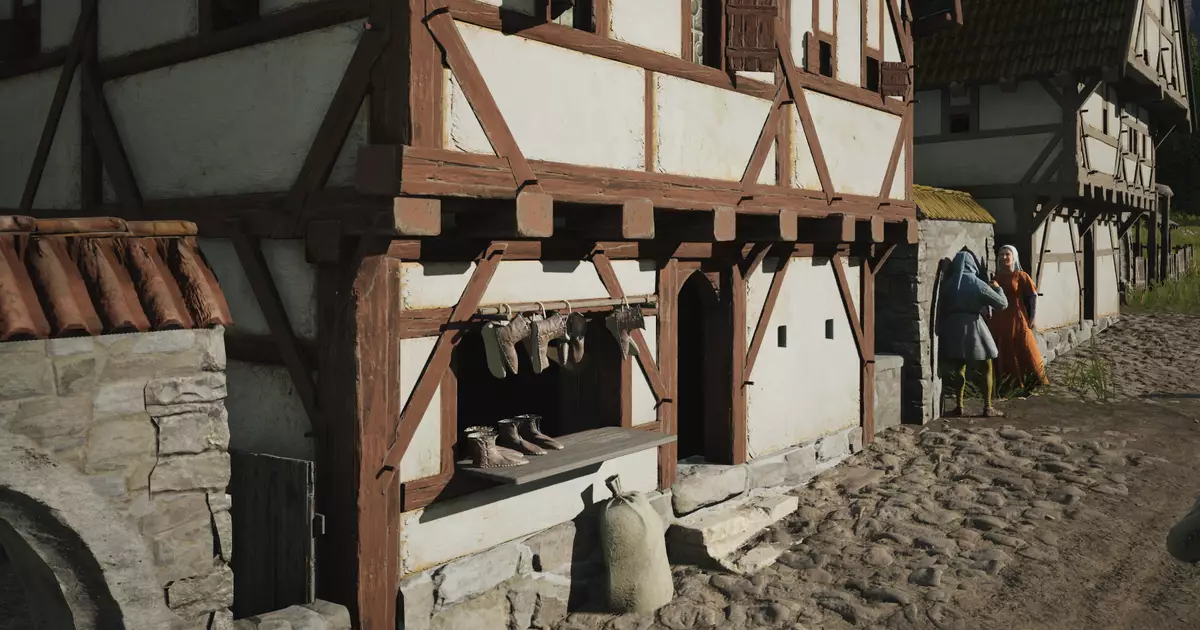In a landscape where rapid-fire updates often overshadow substantive progress, Manor Lords stands apart by intentionally delaying its fireworks. Fans of early access city builders may find this strategy frustrating at first glance, craving the instant gratification of frequent patches. Yet, this approach underscores a commendable dedication to depth and quality. By opting for a comprehensive overhauling rather than patchwork fixes, the developers, Slavic Magic, demonstrate a commitment to crafting a nuanced, authentic simulation of medieval life. The pace may seem sluggish, but it ultimately offers a richer, more cohesive experience that may set new standards for patience-driven development.
The decision to pause regular updates signals an emphasis on reworking core systems—an acknowledgment that superficial enhancements can’t sustain the game’s immersive integrity. This isn’t about rushing content but about ensuring that each facet of the game operates with historical and gameplay authenticity. In this context, the developer’s transparency is refreshing, even praised, as it clarifies the scope of their ambitious undertaking. While some may dismiss this as slow, it reflects a mature understanding: quality game design, especially in a genre as intricate as city-building, is a marathon, not a sprint.
Refining Systems for Authentic Medieval Life
The upcoming major overhaul delves deep into the systems that underpin Manor Lords’ simulation. Instead of superficial improvements, Slavic Magic aims to recalibrate how buildings, production chains, and environmental interactions interrelate. This level of overhaul indicates a commitment to creating a living, breathing medieval world where every decision influences the flow of life—from resource gathering to community development.
A particularly compelling aspect of this rework involves environmental affinity and regional interaction. The developers are eschewing the less realistic radius-based effects that plagued early prototypes, opting instead for a system based on environment types—Meadow, Woodland, Farmland, Rural, and Urban. This shift not only enhances visual coherence in plot placement but also deepens strategic gameplay. For instance, apiaries thrive in Woodland regions, receiving bonuses that boost pollination, while urban areas bolster housing and infrastructure. This nuanced interaction mirrors real medieval village development, where geography and environment dictated economic specialization, social fabric, and growth patterns.
This system invites players to think more holistically about their settlements. Instead of placing buildings randomly or sticking to predefined grids, strategists can now craft environments that reflect realistic ecological relationships. The focus on environment-specific affinities adds layers of complexity and satisfaction, elevating Manor Lords to a genuinely simulation-driven experience that respects the subtleties of medieval life.
Visual and Structural Innovations for Immersive Gameplay
Slavic Magic isn’t just rewriting mechanics—they’re also showcasing a vivid array of new visual elements that promise to enhance immersion. The reveal of new shop fronts and artisan workstations will infuse towns with a sense of craft and commerce, reflecting the bustling activity of a medieval marketplace. Enhanced fortifications with see-through walls not only serve tactical gameplay but also contribute to a more immersive castle atmosphere, making players feel more attuned to their defenses and their kingdom’s security.
Perhaps most intriguing is the proposed “Divided” map, which introduces a natural mountain divide, promising a terrain that’s both aesthetically striking and strategically challenging. Such geographical barriers could influence trade routes, warfare, and settlement expansion, forcing players to adapt their strategies to a more realistic terrain.
Furthermore, the inclusion of custom development perk cards and reworked building cards signifies a move toward a more personalized and layered gameplay experience. These elements suggest a renewed focus on player agency and creativity, allowing for unique settlements that reflect individual ambitions and styles. It’s evident that Slavic Magic understands how vital visual storytelling and environmental storytelling are in crafting a compelling medieval simulation.
Manor Lords’ slow and deliberate development path is a testament to the developers’ long-term vision. It’s an act of patience that prioritizes depth and authenticity over quick hits. While this might be a test of endurance for eager fans, it suggests that the final product could be a truly exceptional entry in the city-building genre—one that immerses players in a living, breathing medieval world that rewards careful planning, strategic thinking, and a genuine appreciation for history.

